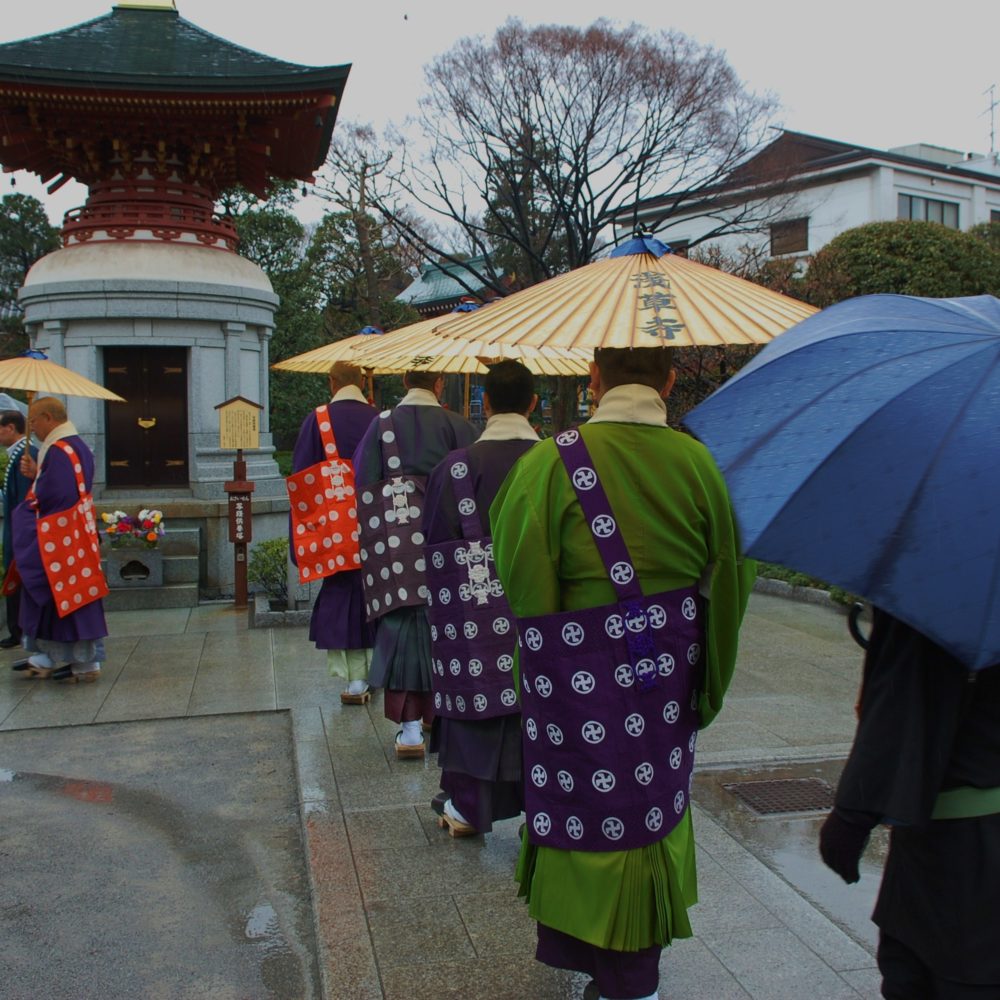Japan’s Population. 127.77million people. http://wiki.answers.com/Q/Whats_japans_population-2008
Buddhism. A religion and philosophy dating to the sixth century AD widely popular in Asia.
www.britannica.com/EBchecked/topic/83184/Buddhism
Shinto. Japan’s native religion.
www.religioustolerance.org/shinto.htm
Koichi Kobari. The owner of the Honmura An restaurant in Tokyo and owner of the former Honmura An restaurant in New York City.
Haruko Satoh. A scholar and author
http://www.linkedin.com/pub/3/867/166
Hanami. The spring ritual of picnicking, drinking, and singing songs under blooming cherry trees.
http://en.wikipedia.org/wiki/Hanami
Tabearuki. A Japanese expression which means “Wandering the streets to find new restaurants”.
Tea ceremony. A ritualized traditional way of preparing and serving tea.
http://www.holymtn.com/tea/Japanesetea.htm
Izakaya. A type of Japanese bar and restaurant which serves food to accompany saki and other drinks
http://en.wikipedia.org/wiki/Izakaya
Saki. A fermented drink made from rice.
Karaoke. A form of entertainment in which amateur singers sing along with recorded music (and/or a music video) using a microphone and public address system.
http://en.wikipedia.org/wiki/Karaoke
Oxygen Bar. A retail service for customers to inhale oxygen.
http://en.wikipedia.org/wiki/Oxygen_bar
Sushi Bar. A restaurant which serves portions of vinegared rice topped with fish, meats or vegetables.
http://en.wikipedia.org/wiki/Sushi
Honmura An. A restaurant famed for its soba noodles.
http://eater.com/archives/2008/07/honmura_an_to_r.php
Soba. A type of thin Japanese noodle made from buckwheat flour.
www.en.wikipedia.org/wiki/Soba
Otaku. A Japanese term used to refer to people with obsessive interests, particularly anime and manga.
www.en.wikipedia.org/wiki/Otaku
Manga. Japanese comic books.
http://en.wikipedia.org/wiki/Manga
Anime. The animated movies derived from Manga.
http://en.wikipedia.org/wiki/Anime
Rice paper screen. A type of traditional Japanese room divider which uses translucent rice paper to diffuse natural light.
Sayonara. Japanese for “good-bye”.







